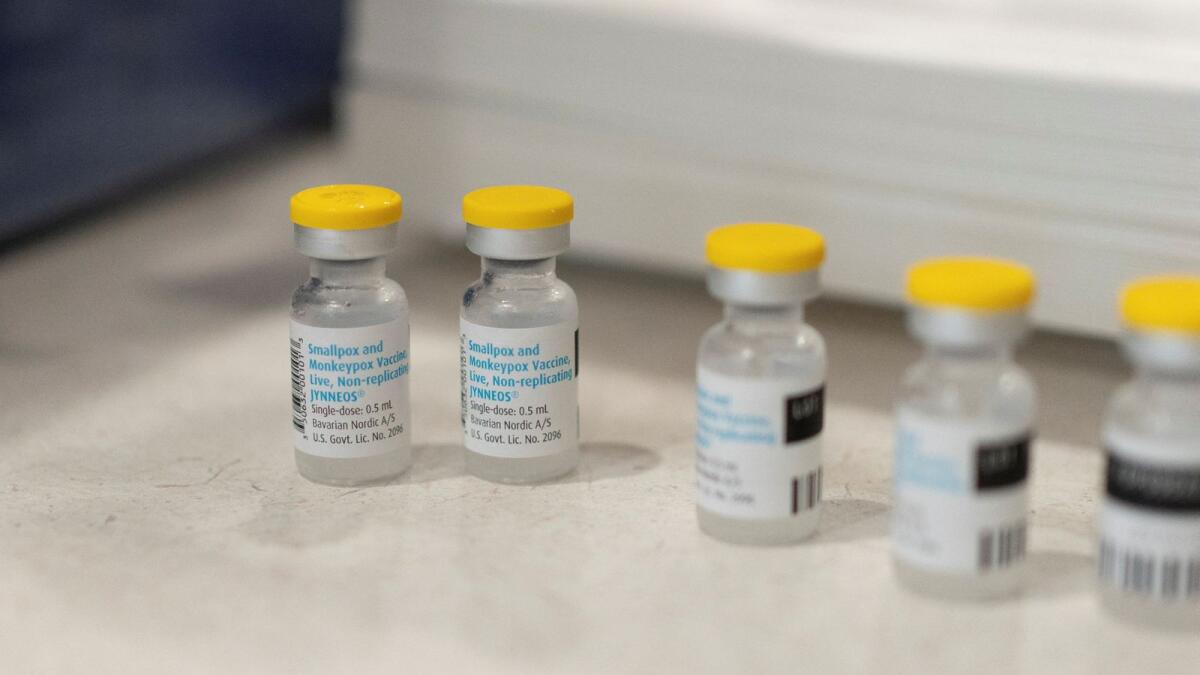The World Health Organisation (WHO) has launched a six-month plan to help stop outbreaks of mpox transmission, focusing on ramping up staffing in affected countries and boosting surveillance, prevention, and response strategies. The plan, which will run from September through February next year, is estimated to require $135 million in funding and aims to improve fair access to vaccines, particularly in African countries most affected by the outbreak. WHO Director-General Tedros Adhanom Ghebreyesus expressed confidence that the mpox outbreaks in the Democratic Republic of the Congo and neighboring countries can be controlled and stopped.
The agency has announced that it will be significantly increasing staff in the affected countries. In mid-August, WHO classified the current mpox outbreak as a global health emergency. Last Tuesday, Congo, the country hit hardest by the outbreak, reported over 1,000 new mpox cases in the previous week. The African Centres for Disease Control’s latest update on the outbreak revealed that as of Thursday, more than 21,300 suspected or confirmed cases and 590 deaths have been reported this year in 12 African countries.
With the aim of limiting the spread of mpox and preventing further outbreaks, WHO’s plan includes a focus on improving surveillance, prevention, and response strategies in affected regions. The agency is also working to ensure fair access to vaccines in African countries that are facing the brunt of this outbreak. By boosting staffing levels and investing $135 million in this initiative, WHO aims to control and ultimately stop the spread of mpox.
Public health officials continue to monitor the situation closely and provide updates on the progress made in curbing the spread of mpox. Efforts are being made to contain the outbreak in the Democratic Republic of the Congo and neighboring countries, with a focus on implementing effective prevention and response strategies. WHO’s Director-General has emphasized the importance of global cooperation and funding to support these efforts and ensure that the outbreak is brought under control.
As the mpox outbreak continues to impact African countries, WHO’s six-month plan aims to provide critical support and resources to affected regions. By scaling up staff and investing in surveillance, prevention, and response measures, the agency hopes to mitigate the impact of the outbreak and prevent further spread. Through international collaboration and funding support, WHO is working towards ending the mpox transmission and safeguarding public health in the affected countries.



























